[Ain't Gonna Let Nobody] Turn Me Around
![[Ain't Gonna Let Nobody] Turn Me Around](img/thumb/c5449_130x140.jpeg?1328224474)
Beh, innanzitutto va detto che non si tratta di una canzone della Baez ma – according with Azizi Powell - di un gospel afroamericano di autore anonimo, che negli anni 30 e 40 era già nelle incisioni di gruppi vocali come i The Fairfield Four e mostri sacri del blues come Blind Boy Fuller e Blind Willie McTell.
Adottato e variamente modificato all'occorrenza in seno al movimento per i diritti civili, la prima registrazione credo sia stata quella dei Freedom Singers, nell'album “We Shall Overcome” del 1963. La Baez ci arriverà 13 anni dopo, in apertura dell'album “From Every Stage”, registrato dal vivo durante il tour estivo del 1975.
Il brano si trova in almeno tre raccolte edite dalla Smithsonian-Folkways, come registrato sul campo durante le famose marce da Selma a Montgomery del 1965. Nei libretti di ogni raccolta la canzone viene indicata come tradizionale, con l'arrangiamento fatto nel 1963 dai SNCC Freedom Singers leaderati da Cordell Reagon.
Io direi che dovrebbe essere attribuita a questi ultimi.
Adottato e variamente modificato all'occorrenza in seno al movimento per i diritti civili, la prima registrazione credo sia stata quella dei Freedom Singers, nell'album “We Shall Overcome” del 1963. La Baez ci arriverà 13 anni dopo, in apertura dell'album “From Every Stage”, registrato dal vivo durante il tour estivo del 1975.
Il brano si trova in almeno tre raccolte edite dalla Smithsonian-Folkways, come registrato sul campo durante le famose marce da Selma a Montgomery del 1965. Nei libretti di ogni raccolta la canzone viene indicata come tradizionale, con l'arrangiamento fatto nel 1963 dai SNCC Freedom Singers leaderati da Cordell Reagon.
Io direi che dovrebbe essere attribuita a questi ultimi.
Bernart Bartleby 2017/2/12 - 15:44
Woke Up This Morning
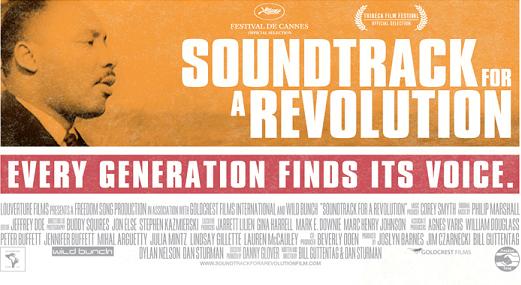
[1963]
Brano tradizionale arrangiato e interpretato da The SNCC Freedom Singers. La voce solista era quella di Bernice Johnson Reagon
Nell’album “Voices of the Civil Rights Movement: Black American Freedom Songs 1960-1966”, edito dalla Folkways Records nel 1997.
John Legend la interpreta altrettanto magistralemnte nella colonna sonora del film documentario “Soundtrack for a Revolution” diretto nel 2009 da Bill Guttentag and Dan Sturman.
Brano tradizionale arrangiato e interpretato da The SNCC Freedom Singers. La voce solista era quella di Bernice Johnson Reagon
Nell’album “Voices of the Civil Rights Movement: Black American Freedom Songs 1960-1966”, edito dalla Folkways Records nel 1997.
John Legend la interpreta altrettanto magistralemnte nella colonna sonora del film documentario “Soundtrack for a Revolution” diretto nel 2009 da Bill Guttentag and Dan Sturman.
Woke up this morning with my mind
(Continues)
(Continues)
Contributed by Dead End 2012/10/31 - 11:32
Song Itineraries:
Racism and Slavery in the USA
We’ll Never Turn Back
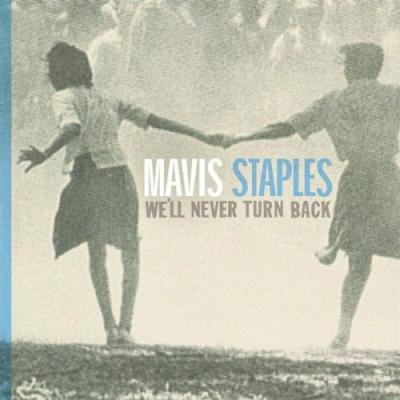
[1961?]
Parole e musica di Bertha Gober
Bertha Gober era all’epoca studentessa all’Università di Albany, Georgia, Attivista dei Freedom Riders e dello Student Nonviolent Coordinating Committee (SNCC), fu più volte arrestata in quegli anni per azioni anti-segregazioniste e l’organizzazione di proteste per l’eguaglianza razziale.
Una delle canzoni simbolo del movimento per i diritti civili in USA, interpretata da molti artisti a partire proprio dai The SNCC Freedom Singers, passando per Sweet Honey in the Rock e Barbara Dane. Ho preferito però attribuirla a Mavis Staples per la sua recente, intensissima interpretazione nel disco omonimo del 2007.
Parole e musica di Bertha Gober
Bertha Gober era all’epoca studentessa all’Università di Albany, Georgia, Attivista dei Freedom Riders e dello Student Nonviolent Coordinating Committee (SNCC), fu più volte arrestata in quegli anni per azioni anti-segregazioniste e l’organizzazione di proteste per l’eguaglianza razziale.
Una delle canzoni simbolo del movimento per i diritti civili in USA, interpretata da molti artisti a partire proprio dai The SNCC Freedom Singers, passando per Sweet Honey in the Rock e Barbara Dane. Ho preferito però attribuirla a Mavis Staples per la sua recente, intensissima interpretazione nel disco omonimo del 2007.
We've been 'buked and we've been scorned,
(Continues)
(Continues)
Contributed by Bartleby 2011/5/18 - 08:43
Song Itineraries:
Racism and Slavery in the USA
If You Miss Me At The Back Of The Bus
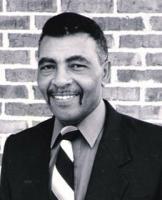
Interpretata da Harry Belafonte
This song speaks metaphorically about the restrictions forced onAfrican-Americans before the changes wrought by the Civil Rights Movement of the Sixties. For example, the words of the first verse are: “If you miss me at the back of the bus/And you can’t find menowhere/Come on over to the front of the bus/I’ll be sittin’ right there.”
This song speaks metaphorically about the restrictions forced onAfrican-Americans before the changes wrought by the Civil Rights Movement of the Sixties. For example, the words of the first verse are: “If you miss me at the back of the bus/And you can’t find menowhere/Come on over to the front of the bus/I’ll be sittin’ right there.”
Scritta nel 1963 da Charles "Carver" Neblett, uno dei membri originari del gruppo The SNCC Freedom Singers, sulla melodia della tradizionale "O Mary Don’t You Weep”.
(Alessandro)
(Alessandro)
If you miss me at the back of the bus
(Continues)
(Continues)
Contributed by DonQuijote82 2009/4/9 - 10:37
Song Itineraries:
Racism and Slavery in the USA
×
![]()

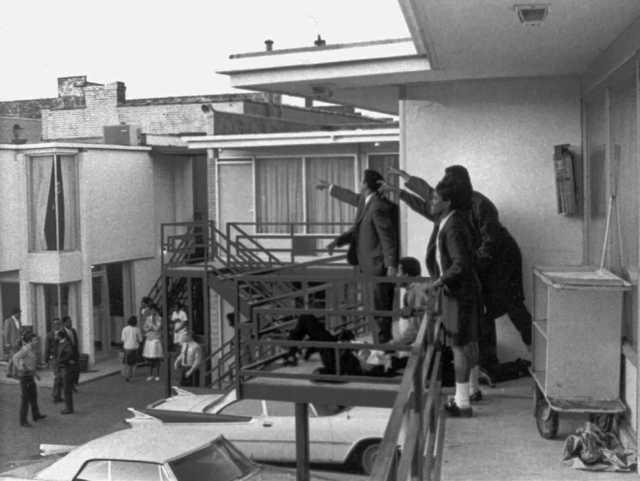
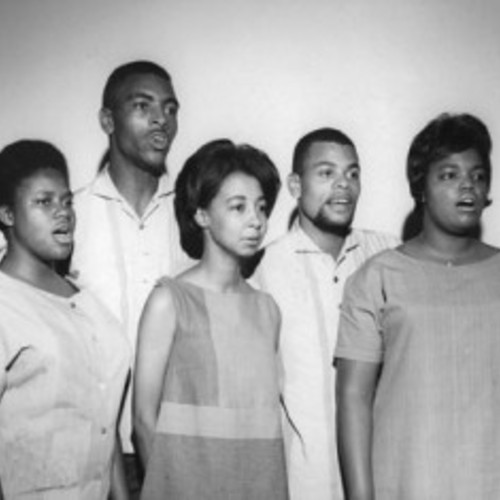
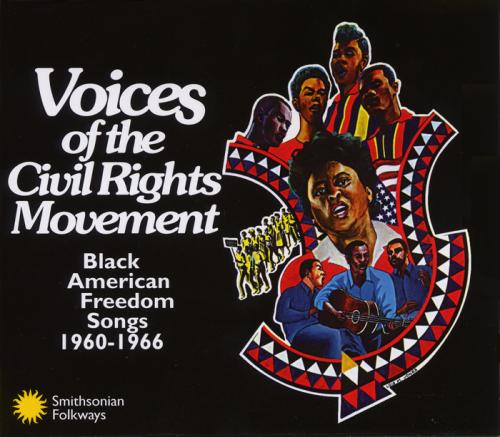
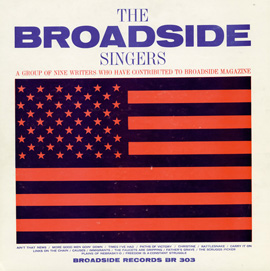
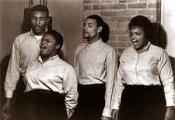
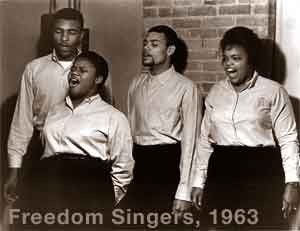
Poi anche nella colonna sonora del film documentario “Soundtrack for a Revolution” diretto nel 2009 da Bill Guttentag and Dan Sturman
Scritta da James Orange (1942-2008), pastore protestante e attivista del movimento per diritti civili.
Era con Martin Luther King quando fu ucciso a Memphis il 4 aprile 1968
Come The Prayer – alla cui introduzione rimando - una canzone dedicata al George Wallace (1919-1998), più volte governatore dell’Alabama tra il 1962 e il 1987, campione del segregazionismo e dell’opposizione al governo federale. Fu considerato uno dei mandanti dei continui attacchi contro i “freedom riders”, il convoglio del Congress of Racial Equality (CORE) che nel 1961 attraversò Virginia, Carolinas, Georgia, Alabama, Mississippi e Louisiana per denunciare che la segregazione razziale, bandita dalla Corte Suprema degli USA, continuava... (Continues)